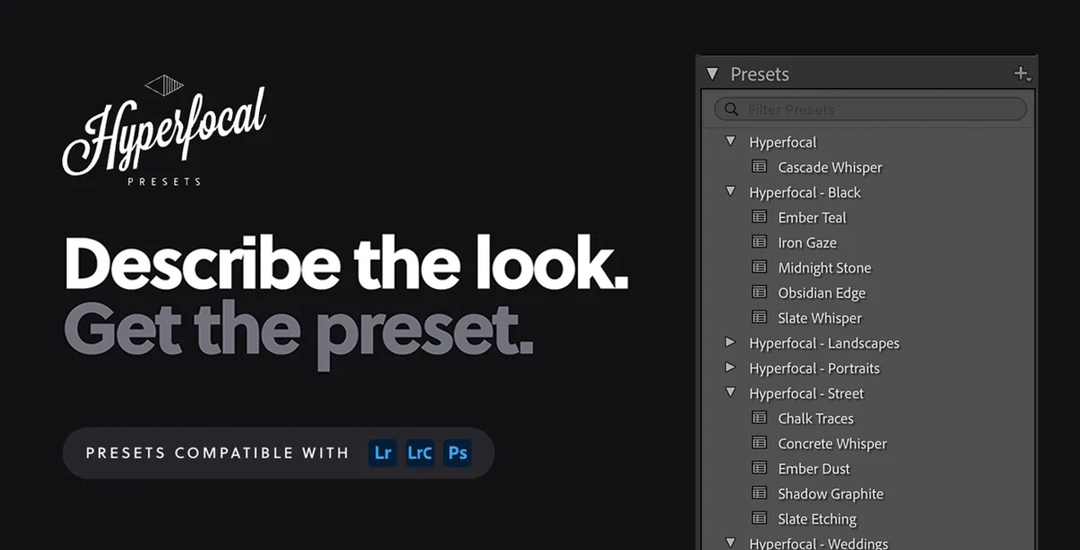About DomainDetails
Why RDAP is the new WHOIS
The Transition from WHOIS to RDAP
Understanding the evolution of domain registration data protocols
What is WHOIS?
WHOIS (pronounced "who is") is the original protocol for querying domain registration data, developed in the 1980s. It provides information about domain name registration, including:
- Registrant details
- Registration dates
- Nameserver information
WHOIS Limitations
- No standardized data format
- Limited support for internationalization
- Basic security features
- No built-in privacy protection
- Query rate limiting varies by server
What is RDAP?
Registration Data Access Protocol (RDAP) is the modern successor to WHOIS. Developed by the Internet Engineering Task Force (IETF), RDAP addresses many of WHOIS's limitations and provides a more robust, standardized way to access registration data.
RDAP Advantages
- Standardized JSON responses
- Full support for internationalized domain names
- Built-in authentication and access control
- Structured query parameters
- Consistent rate limiting
- Better privacy protection mechanisms
RDAP Adoption Timeline
| Date | Milestone | Status |
|---|---|---|
| March 2019 | ICANN requires all gTLD registries and registrars to offer RDAP | Completed |
| 2019-2023 | ccTLD registries begin adopting RDAP | Ongoing |
| 2024-2025 | Expected phase-out of port 43 WHOIS for many TLDs | Planned |
How DomainDetails.io Works
Our approach to providing comprehensive domain information
Our Lookup Process
We use a sophisticated multi-protocol approach to ensure you get the most accurate and complete domain information available:
- RDAP First: We attempt to fetch data using RDAP first, as it provides the most structured and reliable information.
- WHOIS Fallback: For TLDs that haven't implemented RDAP yet, we automatically fall back to traditional WHOIS queries.
- Data Standardization: We process both RDAP and WHOIS responses into a consistent format, making it easier to understand and compare information.
Pro Features
- Domain Monitoring: Automatic checks using both protocols to ensure no changes are missed.
- Historical Data: Track changes over time with our comprehensive history feature.
- Cross-Protocol Verification: Compare data from both RDAP and WHOIS when available.
